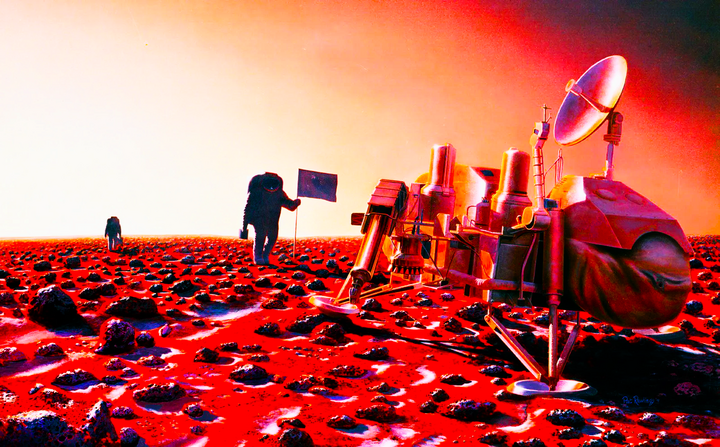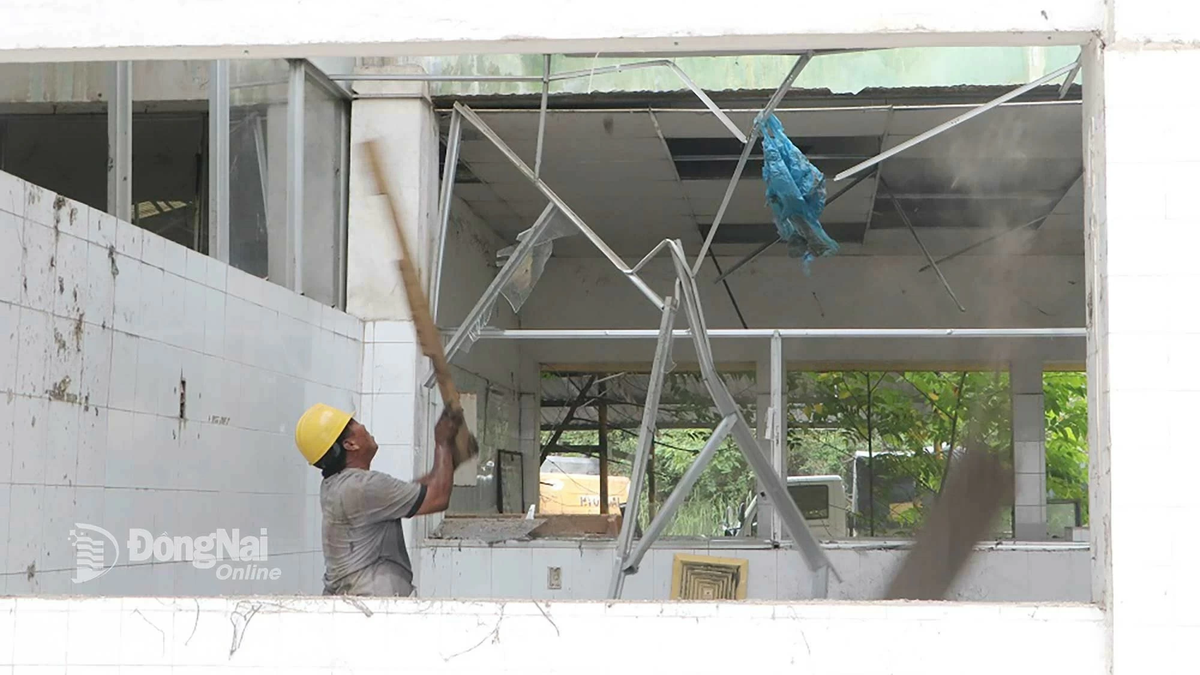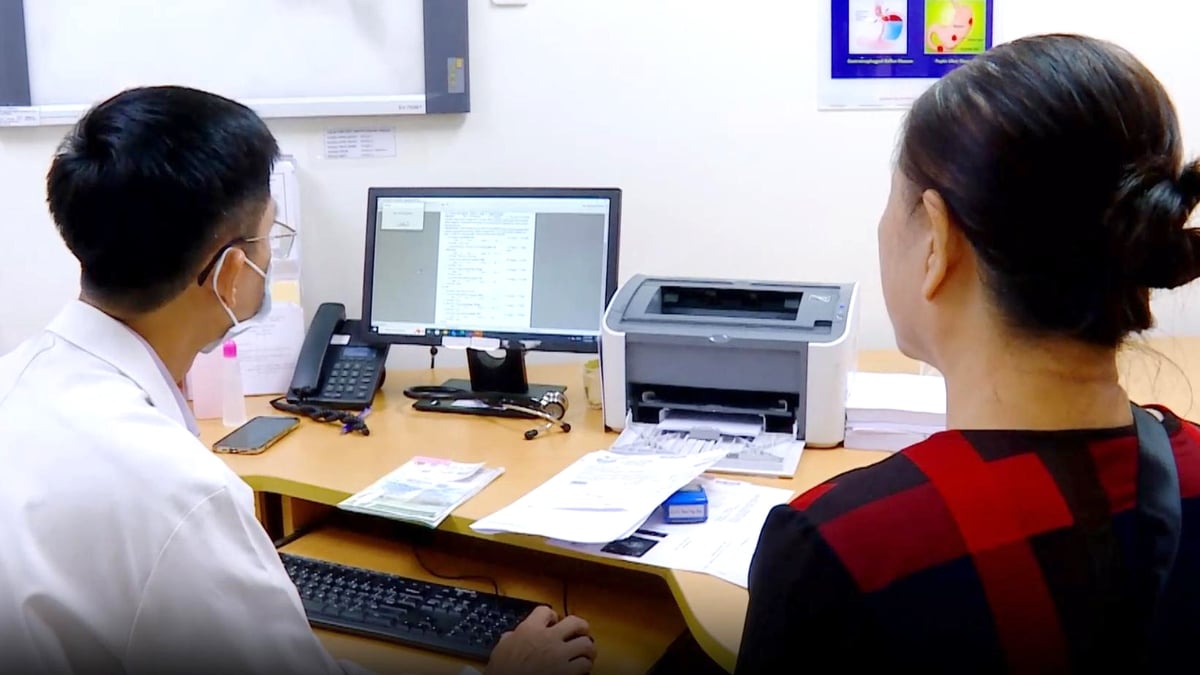This conclusion comes from an experiment that exposed Earth-based bacteria to simulated Martian conditions to assess their survival potential. This is particularly worrying if these microorganisms can evolve and adapt to an alien space environment like Mars.
Of course, if this is true, it could pose a significant health threat to future human explorers. An entire mission could be compromised if just one astronaut were infected. The risk is even more serious given the difficulty of returning to Earth, given the limited medical resources available in space.

New research suggests that disease-causing bacteria could pose a health threat to future explorers. (Photo: NASA)
Going into more detail, a team of researchers from the German Aerospace Center evaluated the tolerance of four bacterial species to simulated Martian conditions, including: Burkholderia cepacia, Klebsiella pneumoniae, Pseudomonas aeruginosa, and Serratia marcescens.
The experiment looked at how these bacteria adapted to harsh conditions, including exposure to perchlorate, UV light, and Martian-like atmospheric composition and pressure. The results showed that there were notable changes in the growth and survival of these bacteria under simulated Martian conditions.
Of particular interest is that when the simulated Martian regolith was added to the test environment, it was shown to promote bacterial growth. This discovery highlights the complexity of how microorganisms respond to extraterrestrial conditions. The scientists claim that the soil particles in the simulated Martian regolith protected the bacteria from ultraviolet radiation and other threats to their survival.
For example, the bacterium Serratia marcescens has shown remarkable resistance to simulated Martian conditions, and it also thrives in this setting. This bacterium is often associated with common infections such as urinary tract infections and wound infections, etc.
The new experiment highlights the need for further research into potential changes in the infectivity, pathogenicity, and virulence of these bacteria when exposed to the Martian environment. It also provides an important basis for identifying, and mitigating, potential hazards to humans and the planet’s ecosystems during future space exploration missions.
HUYNH DUNG (Source: interestingengineering)
Source























































![[Maritime News] Container shipping faces overcapacity that will last until 2028](https://vphoto.vietnam.vn/thumb/402x226/vietnam/resource/IMAGE/2025/7/30/6d35cbc6b0f643fd97f8aa2e9bc87aea)













































Comment (0)